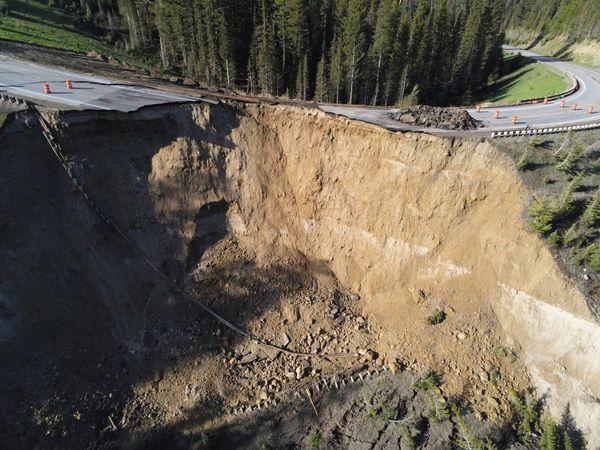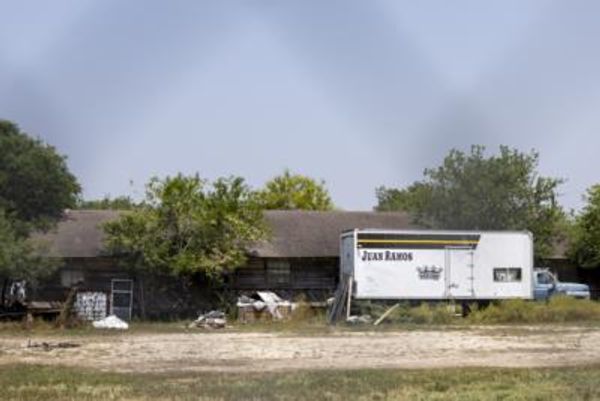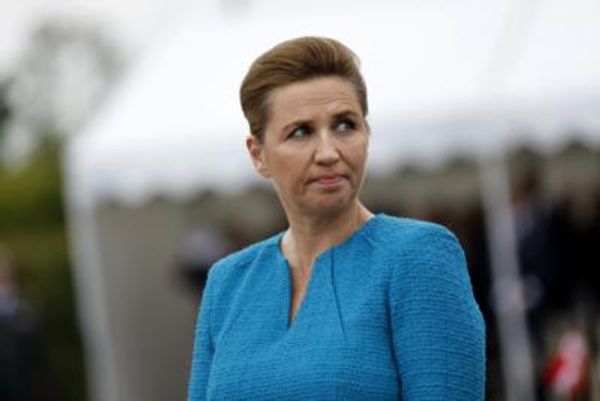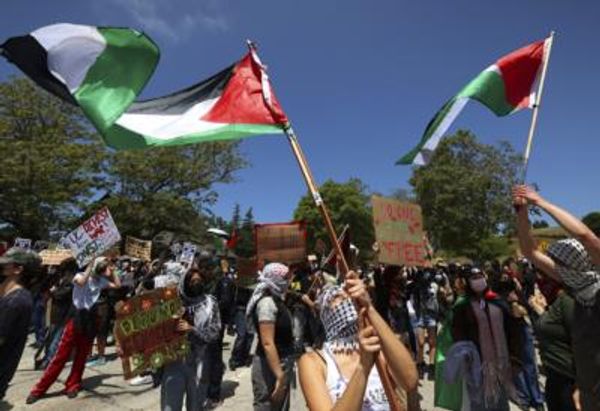
Iran conducted its first parliamentary election since the 2022 protests over mandatory hijab laws and the death of Mahsa Amini in police custody. The voter turnout remains uncertain, with polling stations in Tehran witnessing few voters. The election has been dominated by conservative and hard-line figures, as reformist politicians were largely barred from running.
The country's economy continues to struggle under Western sanctions due to its nuclear program and involvement in conflicts in the Middle East and Ukraine. Despite the challenges, some voters expressed their concerns and hopes for change.
Supreme Leader Ayatollah Ali Khamenei cast one of the first votes, emphasizing the importance of voter turnout. The election also includes the selection of new members for the Assembly of Experts, tasked with choosing a new supreme leader if needed.
With over 15,000 candidates competing for seats in the 290-member parliament, only a small number are considered moderate or pro-reform. The parliament plays a significant role in overseeing the executive branch and other national issues, although ultimate power rests with the supreme leader.













Recent parliamentary actions have included limiting cooperation with the International Atomic Energy Agency and addressing issues related to mandatory hijab laws following the death of Mahsa Amini. Calls for an election boycott have gained traction, challenging the government's legitimacy.
Security measures were heightened across Iran, with a large deployment of security forces and polling stations open throughout the country. Despite some crowded polling stations, reports suggest low voter turnout in certain areas.
The election results are expected to be announced soon, reflecting the political landscape in Iran amid ongoing challenges and calls for change.







